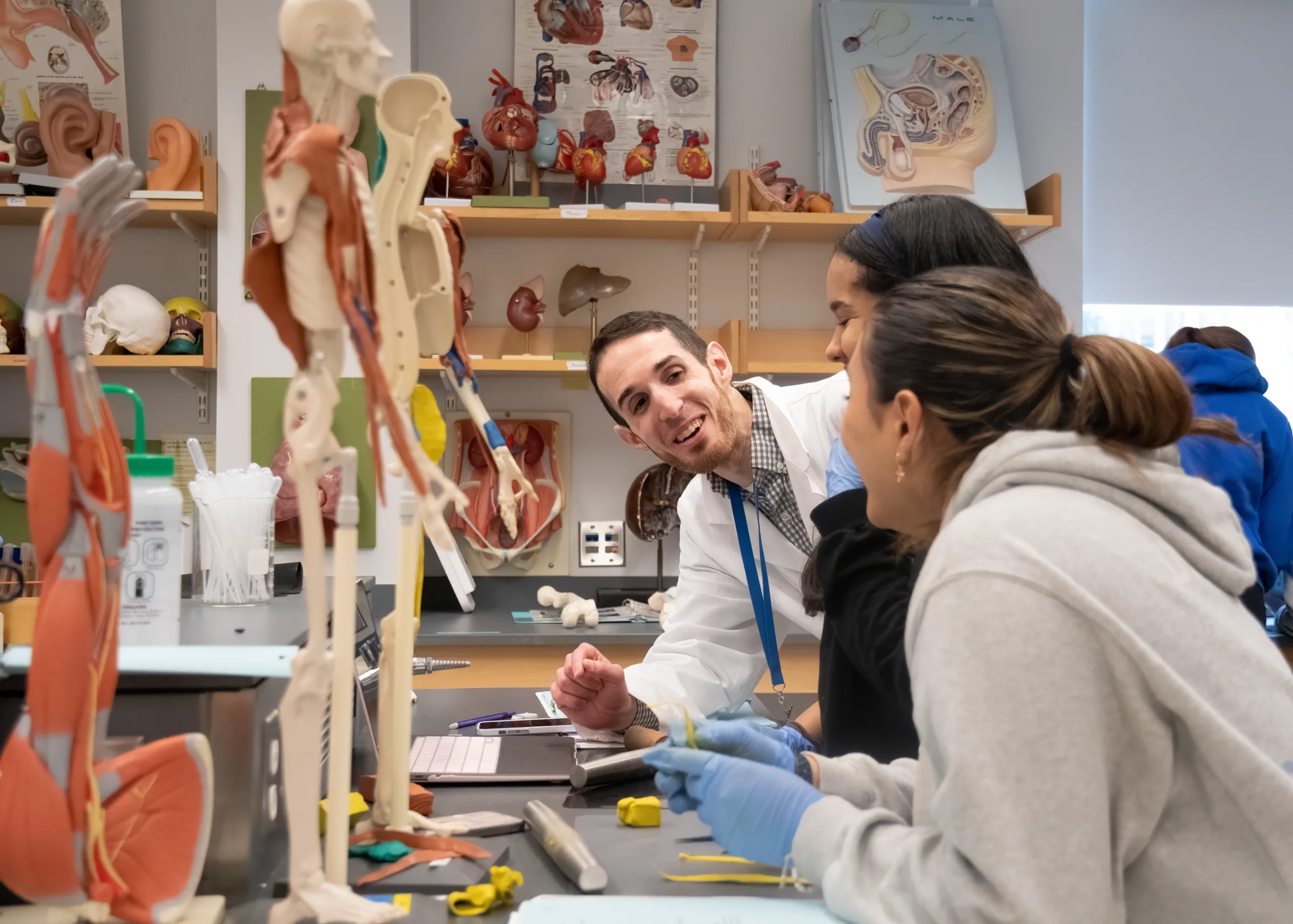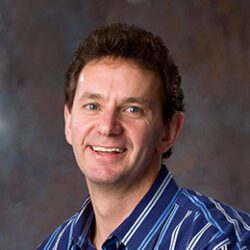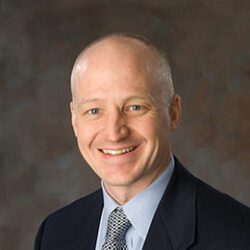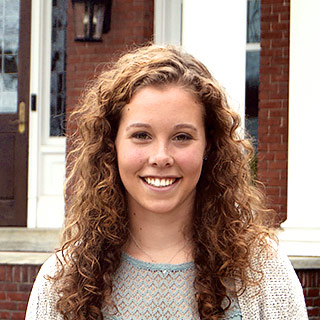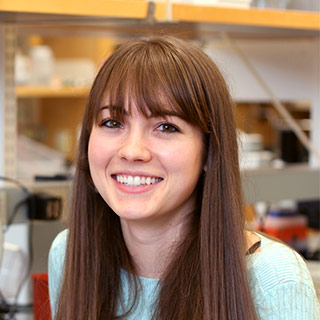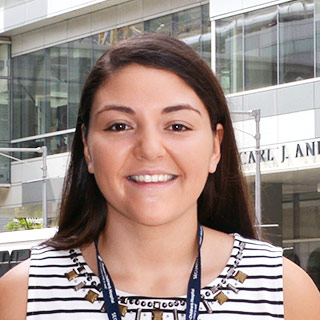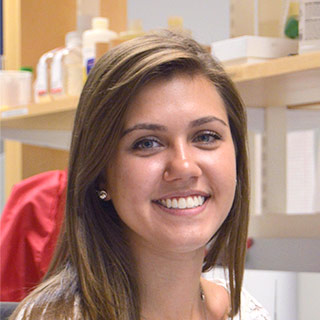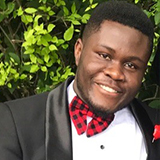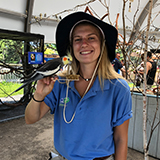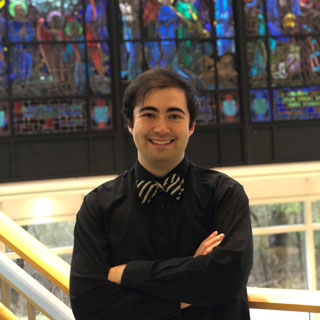What is Biology?
Biology is the study of life. Whether you want to study viruses or ecosystems, or even have a neuroscience or cancer biology concentration, you will be able to grapple with the mysteries of life in a hands-on way. With outstanding support from the Assumption science faculty and access to the state-of-the-art Testa Science Center, you will be able to develop technical skills and an ability to think scientifically no matter what biological path of study you follow.
Why Study Biology at Assumption?
This major at Assumption offers you numerous opportunities to gain knowledge in the concentration of your choice, including through seminars, internships, and student-faculty research. Biology students gain skills in critical thinking, communication, and a deep understanding of the process of science. With a curriculum rooted in the Foundations Program, you will establish a strong foundation in the Catholic liberal arts and gain the knowledge required to flourish in a career focused on the biological sciences.
Assumption’s science faculty, who make classroom-based concepts meaningful and help develop your technical research skills, are there for you every step of the way and will help guide you toward success. Lectures encourage students to synthesize the best of classical and contemporary ideas in biology. Laboratory work gives students hands-on expertise and will help them to observe, ask questions, test hypotheses, analyze results, and present their conclusions orally and in writing.
This major teaches you how to investigate and appreciate the unity of function that underlies the diversity of life forms. Elective courses provide a guided choice of advanced study in Biology and related areas. With its flexibility, the major prepares students for careers in industry, education, and the health professions. The major also prepares students for further study in graduate and professional schools.
Elizabeth A. Colby Davie, Ph.D.
Faculty
Experiential Learning
Assumption's Rome Campus
At Assumption's campus in Rome, Italy, the city and the country become your classroom through daily and weekend-long excursions throughout "the eternal city" and the Italian countryside. This unique study abroad experience will enrich your academic and cultural pursuits as you walk in the footsteps of emperors and gladiators then enjoy delectable Italian cuisine or perhaps a cappuccino after class in a local cafe. (Did you know that your financial aid follows you to Rome?)
Explore the Rome CampusLearn the Skills Employers Seek
Faculty/Student Research
The Assumption curriculum encourages scholarly and real-world experience. With hands-on research conducted alongside faculty mentors, students gain a depth of knowledge and skills that lead to professional success and personal fulfillment.Study Abroad
At Assumption University, the world is your classroom. Students can study and explore abroad in over 50 places from Vienna to England, South Africa, and even our own campus in historic, yet modern, Rome, Italy. Assumption’s study abroad program offers culture, history, and a living classroom for all.Internships
Assumption starts planning for your future the day you arrive on campus. The Denecker Career Development & Internship Center helps students secure exciting and fulfilling internships where you’ll apply knowledge obtained in the classroom in a professional setting, preparing for a future career or additional study. Assumption connects students to internship opportunities in corporations, government agencies, research hospitals, non-profit organizations, and more.Career Paths
Abbott Bioresearch Center
Aventis Pharmaceuticals
Biogen Idec
Genzyme
Hasbro Children’s Hospital
Massachusetts General Hospital
Pfizer
Waters Corporation
First-rate Academics in a Catholic University Setting
Assumption University awakens in students a sense of wonder, discovery, and purpose, forming graduates known for their intellectual seriousness, thoughtful citizenship, and devotion to the common good. Students are provided an education that shapes their souls, forms them intellectually, and prepares them for meaningful careers. Enlivened by the harmony of faith and reason, here, students’ minds and hearts are transformed.

